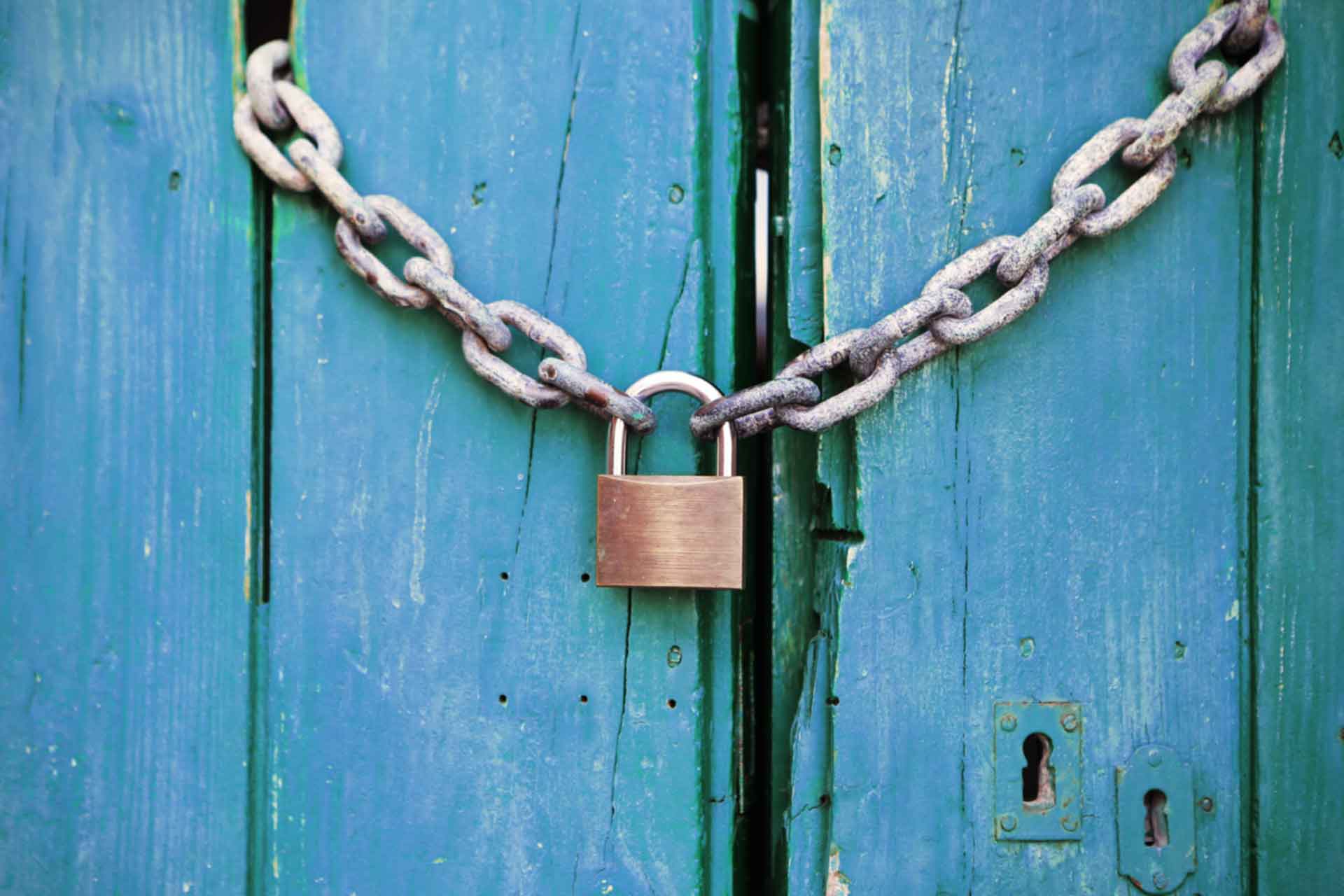While modern technology is great for countless reasons, from medicinal advances to spreading the word about something on social media, there is also a dark side.
Scammers of the Internet
It happens every day; honest and innocent people fall victim to scammers trying to steal money. We’ve all seen the scams come up, haven’t we? The dodgy-looking text about your ‘missing parcel’, asking you to click on a link to track it down. Those scary messages from a friend’s account who has been hacked, making it seem more reliable because it appears to be from someone you know, saying ‘have you seen this photo of you?!’, followed by a link to click, of course.
An important thing to consider when trying to prevent such scams being successful is the question of why people fall for these scams? What makes them look believable enough to click that link?
Interestingly, most people who’ve been scammed actually reveal that, in retrospect, they knew something was ‘off’, something didn’t seem quite right all along. This is why the Neighbourhood Watch is encouraging people to remember the motto ‘stop and think’ when encountering something that seems suspicious. In such scenarios, sticking with your gut instinct could easily be the best option, avoiding the risk of being scammed. If something doesn’t seem quite right, avoid it.
Neighbourhood Watch urges you to take three important steps to avoid being scammed:
- Stop – this involves taking a few moments before giving away any details or financial information. Make sure any website you’re using is official and if anything seems strange, avoid it.
- Challenge – Please don’t be afraid to say no to a potential scammer. Only criminals will pressure you into giving them information. If something looks or sounds sketchy, don’t hesitate to ignore or reject a request.
- Protect – If you think you have fallen for a scam, report it to your bank straight away.
Other scammers go down the route of romance scamming, which involves creating fake profiles on social media and dating sites and building a relationship with someone on the internet. Some people use sites like Autotrader and sell vehicles that don’t actually exist. Scams like these are exactly why we at Pennine Law do Anti-Money Laundering (AML) checks.
Money Launderers Attracted to UK Solicitors
Due to the fact that the UK’s professional and financial businesses, like solicitors and banks, have such a big reputation, these types of businesses greatly appeal to money launderers. These criminals are trying to hide the stolen money by turning it into legitimate income. Therefore, solicitors are obligated to undertake checks of their clients, and we take this incredibly seriously.
Remember though, as a client of ours, don’t panic if we ask you for identification. This does not mean we suspect you are money laundering or committing any other crime. We just have to do checks when we are asked to conduct some types of cases. These checks can involve asking you to provide your solicitor with your passport, a household bill, or a photo driving licence.
It’s important that the checks we do are sufficient and effective, as 13 law firms have recently been criticised and fined by the Law Society for failing to comply with their responsibilities regarding AML risk assessments.
In one case, a law firm was using third-party software as an identification method. However, this third party only verified that the ID documents were true copies of the original document, but it didn’t verify the genuine identity of the person.
Reporting Scammers
If you receive any fake or spam text messages, please report them by forwarding them to ‘7726’. This is a spam reporting service that the majority of mobile carriers are involved with. Be careful not to click on any link that the spam message contains when forwarding it to the spam reporting number.
Furthermore, send any scam or ‘phishing’ emails to ‘report@phishing.gov.uk’. Sending scam messages and emails to these reporting services helps government agencies to identify dangerous links. In turn, this makes the cyber world a much safer space for people to use without the threat of scams all the time.




